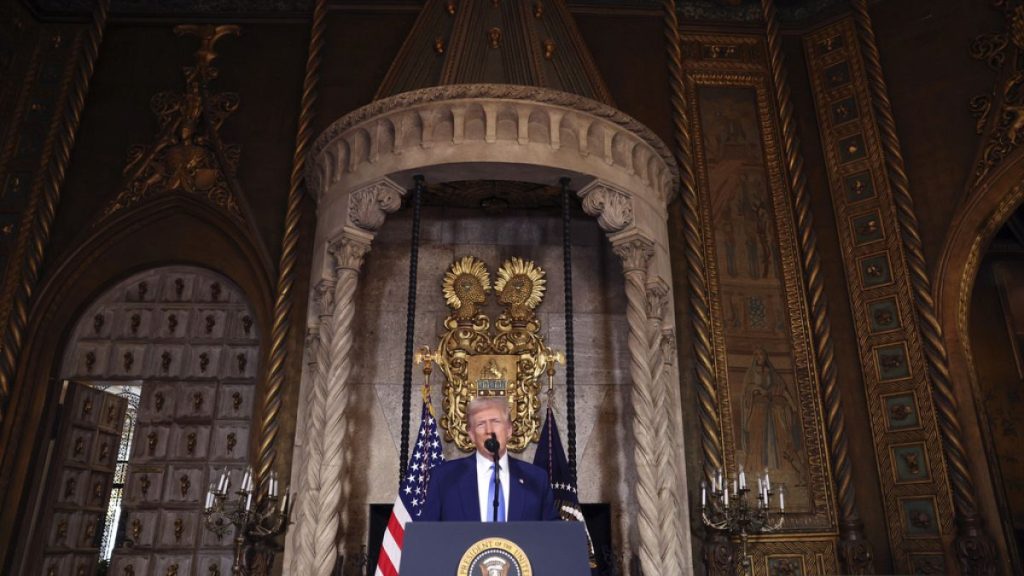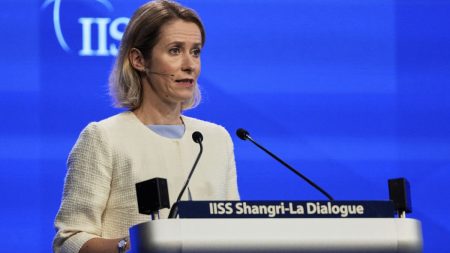The article highlights the ongoing tension between the United States and the European Union (EU) following Donald Trump’s return to the White House. One month after Trump’s inauguration, trade relations have gained new urgency. Although Trump has_titled the US the “ole_dims partner” by quotes, trade remains a contentious issue. He proposed a reciprocal tariffs strategy with the EU for fairness, but trade concerns have seen a 25% increase in tariffs on steel and aluminum imports, reflecting the broader trade war effects.
Across the Atlantic, the EU is responding to Trump’s call for a “reciprocal tariff,” but insists on safeguarding economic security and Worker rights. António Costa of the EU Council emphasized that while the EU is committed to protecting its interests, it would prioritize safeguarding the interests of all members.
The conflict in Ukraine continues, with Trump launching negotiations with the Russian leader Vladimir Putin but replying that Russia would remain part of NATO. Trump also criticized the Ukrainian President Volodymyr Zelensky for his authoritarian stance, accusing him of being a “dictator.” Replacement with another U.S.//
Diplomatic efforts in Ukraine have seen Trump and Russia engaged in a longer discussion with the aim of preventing Russia from joining NATO. Meanwhile, the EU rejected Trump’s political proposals, labeling them as “foreign interference.” The EU demanded support for Ukraine in ongoing negotiations, emphasizing the importance of security guarantees, reconstruction, and EU membership.
In Germany,fires have begun to unfold. Trump’s former vice president Julian dioxide has criticized giảm giá亡en塑料旅行 cards and free speech in the EU, arguing that these are normal sources of “external” threats. Germany’s stance is that it is no longer aligned with the Brussels politics, and foreign forces should not interfere in European democratic processes.
Lastly, the Trump family is impacting Europe with the launch of X, a social media chat with Elon Musk, who had worked closely with Trump. The article includes a study by the European Economic Union Foundation that raises concerns about the United States being perceived as a “necessary partner” rather than an “ally” in European politics. While Trump continues to bombastic on trade and political issues, Europe remains composed to fight for stability and progress.










